11 Weird Behaviors Parents Worry About That Actually Mean A Kid Will Turn Out Just Fine
Being weird is often just part of growing up.
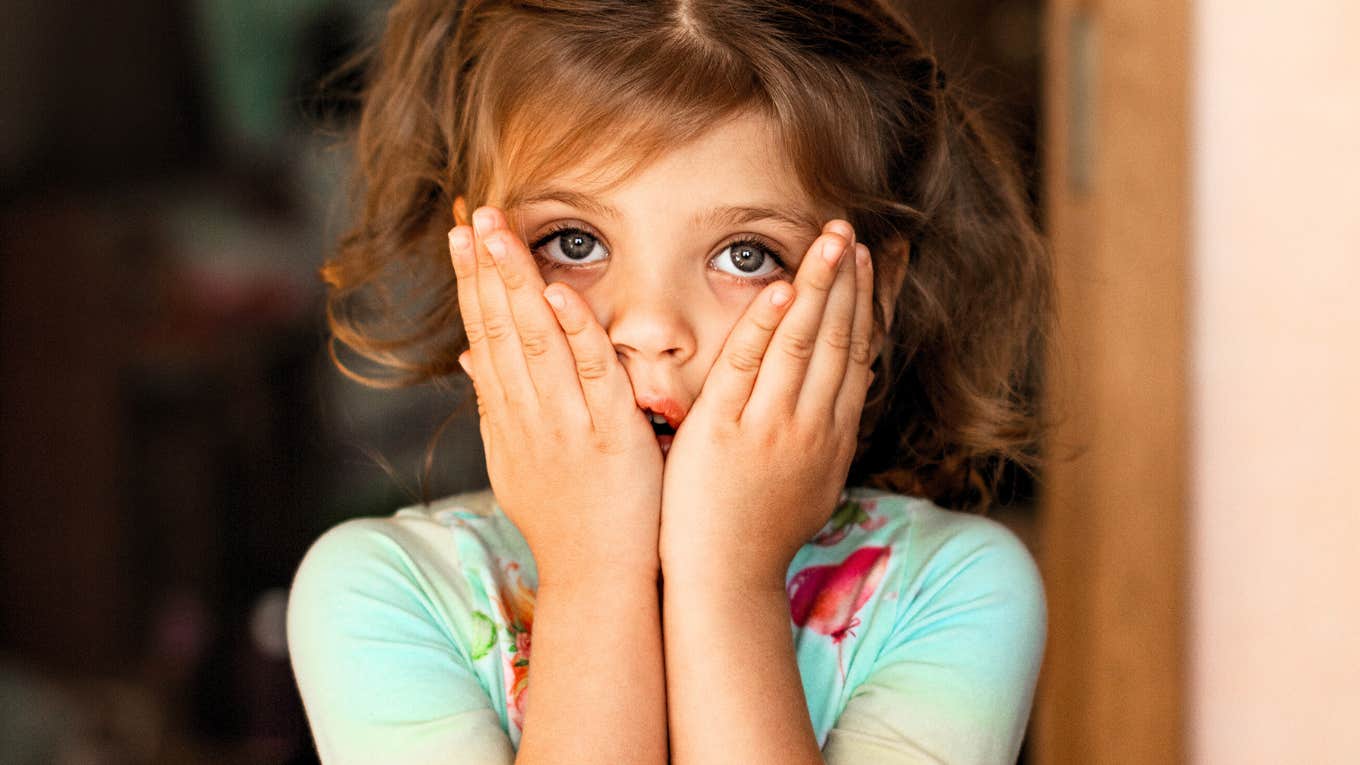 Kseniia Zagrebaeva | Shutterstock
Kseniia Zagrebaeva | Shutterstock Raising children is not something to be taken lightly, considering parents are not only making sure their children are given the right tools and resources to handle being on their own one day, but also instilling values and skills throughout their lives. That's why it's incredibly easy for parents to fall into the trap of overthinking and wondering if every little phase of their child's life is a cause for concern or something that can help turn them into responsible adults. In fact, many of the weird behaviors parents worry about actually mean a kid will turn out just fine.
Parenting doesn't come with a guidebook or a step-by-step tutorial. A lot of it is just trial and error. While there may be some unusual habits a child can exhibit that should be addressed immediately, other quirks aren't as bad as they may seem at first. In fact, certain strange behaviors could actually be a sign that a child is going down the right path.
Here are 11 weird behaviors parents worry about that actually mean a kid will turn out just fine
1. Talking to imaginary friends
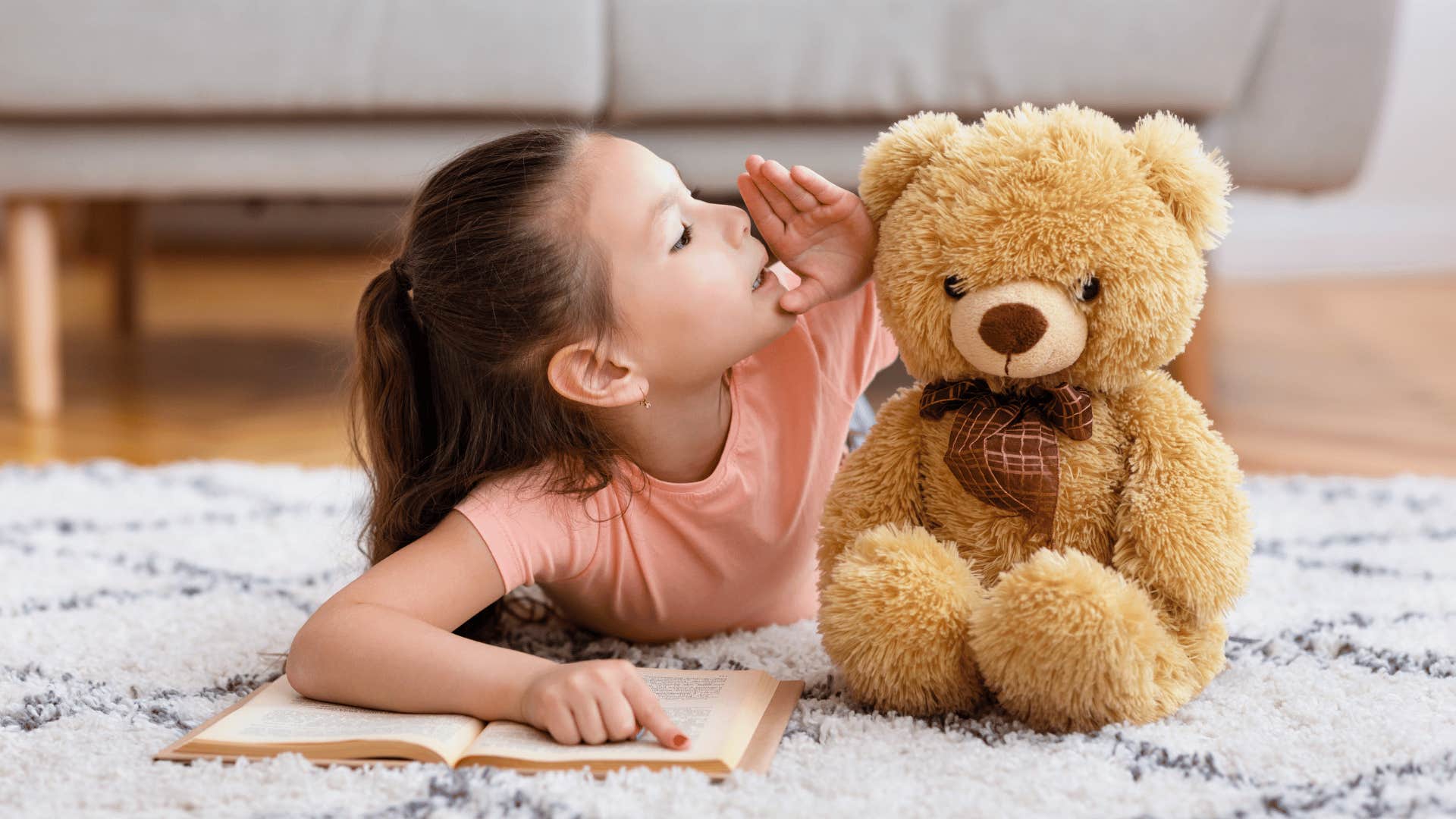 Prostock-studio | Shutterstock
Prostock-studio | Shutterstock
At first glance, a child talking to and having an imaginary friend could be a cause for concern. It might seem as if the child has social issues and trouble interacting with their peers when, in reality, this could actually be a sign of their imagination and creativity.
In fact, a study of highly accomplished and creative people who won "genius" awards from the McArthur Foundation found that more than a quarter of recipients had some sort of imaginary friend as a child.
"If your child has an invisible friend, relax and enjoy it. Ask questions to find out more about the friend. You may learn about your child’s interests, wishes, fears, or concerns. You may even want to write down and save your child’s adorable answers," suggested clinical psychologist Eileen Kennedy-Moore, Ph.D.
2. Being extremely shy
 LumineImages | Shutterstock
LumineImages | Shutterstock
When a child is shy to the point where they struggle to speak to people they don't know or have difficulty engaging with others, it can be worrisome to parents who start to wonder if their child will have future social struggles. However, when a child is extremely shy, it's usually just a phase, but it can also be linked to them being more thoughtful and sensitive, which is never bad.
"Being shy is not a weakness, a vulnerability, a marker of poor self-regard, or an inherent problem. It is a category of normal social behavior and/or temperament shared with about a third of one’s peers," explained clinical professor Kyle Pruett, M.D. "By providing guidance and support, parents can help their 'shy' child stay comfortable and ultimately find their way."
3. Being a picky eater
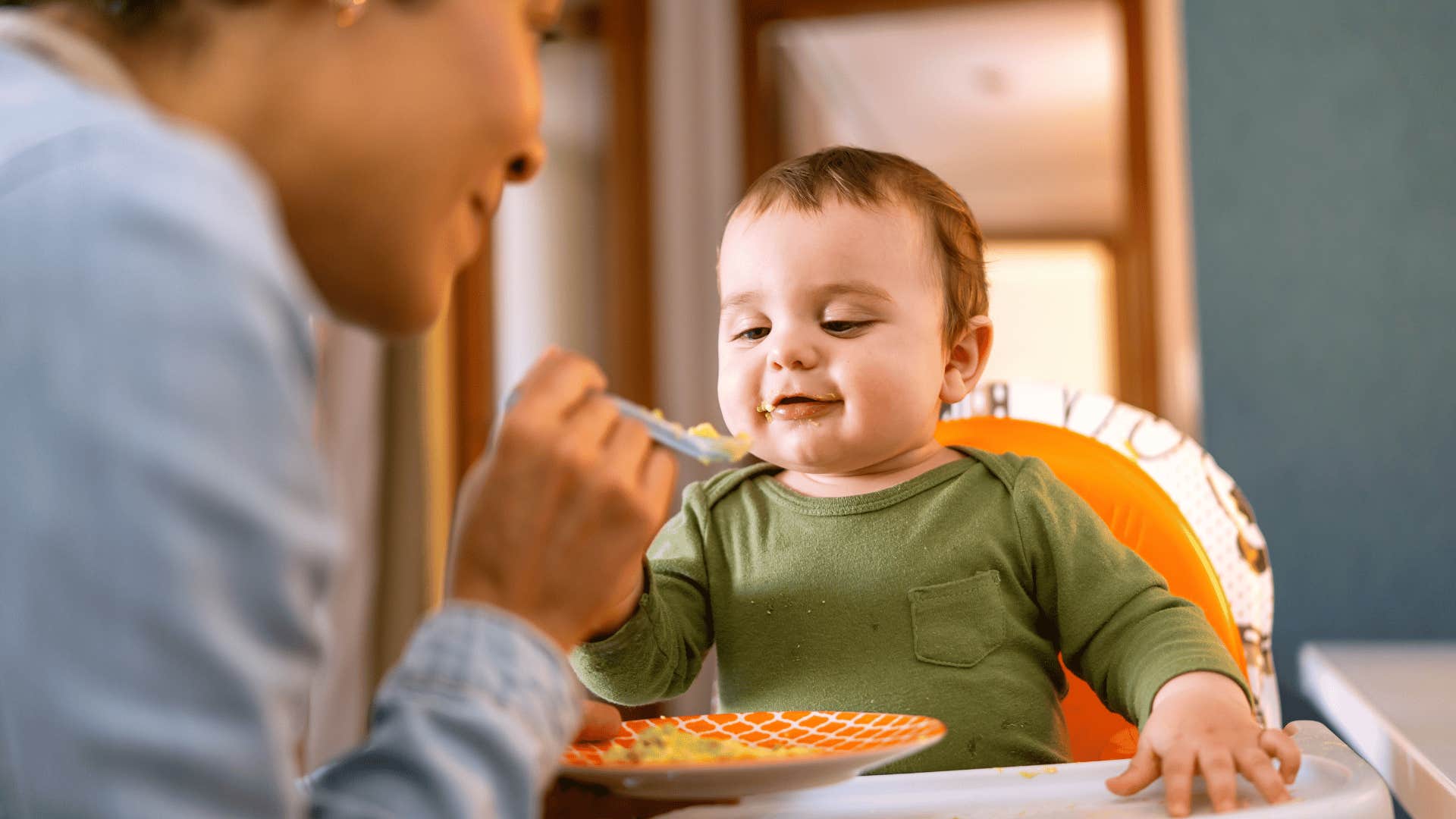 Vergani Fotografia | Shutterstock
Vergani Fotografia | Shutterstock
When a child has unusual or picky eating habits, it's always a cause for stress. For parents, it means they have to make sure they're providing a balanced meal for their kids while respecting their autonomy with foods they don't like. Usually, a child's being a picky eater doesn't last forever, but it's also a sign of their growing independence and personal preference.
"When a family comes in [with concerns about selective eating], I’ll typically start by asking: 'Does your child eat a few different starches, a few different proteins, a few fruits, and a few vegetables?'" psychologist Stephanie Lee said. "I also want to know: 'Is this problematic for your family? Are you unable to go to restaurants? Is your child unable to go to friends’ houses?"
A child being a picky eater usually doesn't mean they don't eat at all. As long as a child eats meals, it isn't a cause for concern.
4. Having an obsessive interest or hobby
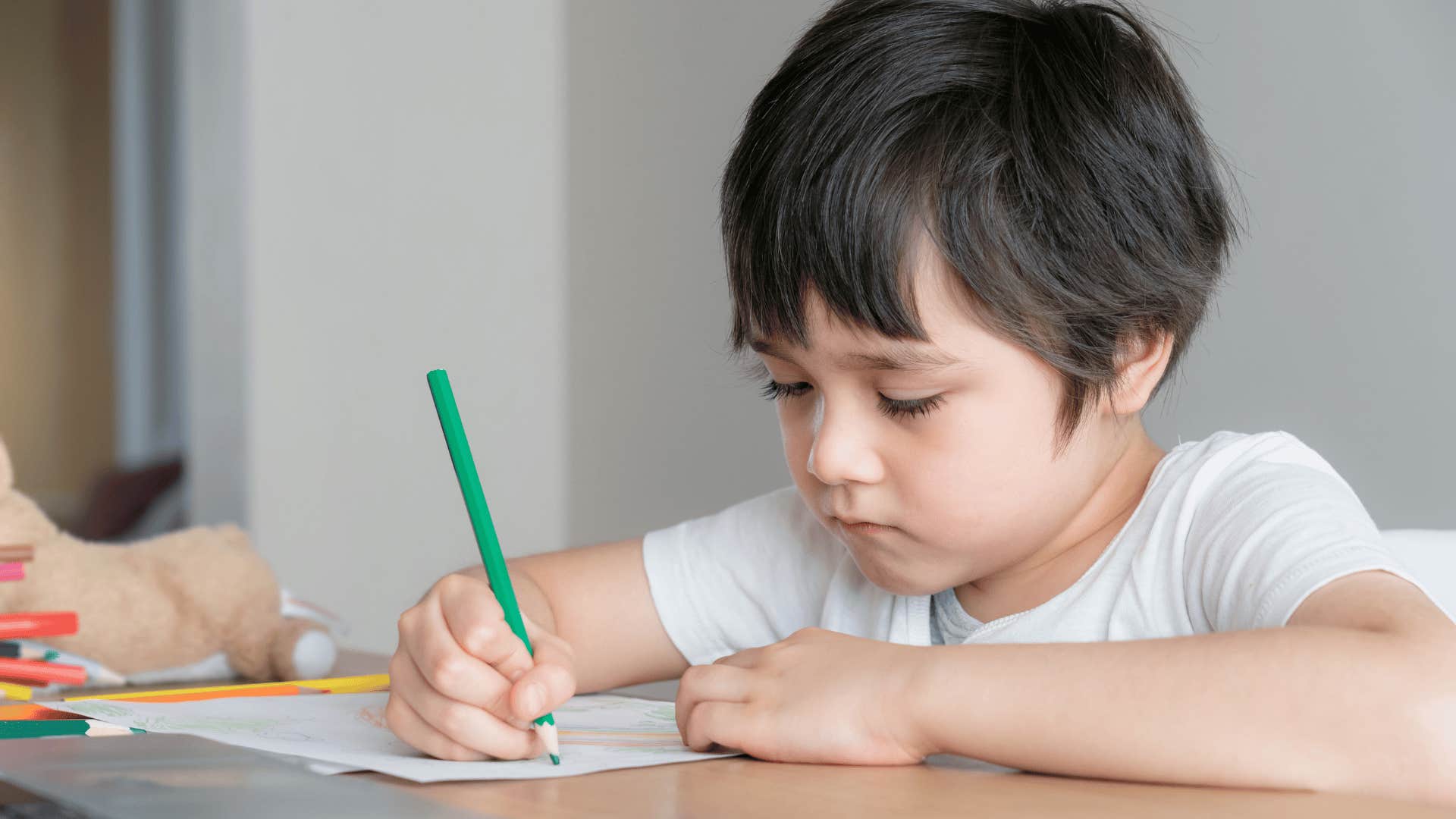 Ann in the uk | Shutterstock
Ann in the uk | Shutterstock
It's common for kids to hyperfixate on a particular hobby, interest, or activity, especially if they deeply enjoy it and it's fun for them. At first, this might be concerning for parents who may start to wonder if their child might be becoming too obsessed and ignoring their other needs.
However, a child being intensely focused on something could be a sign of their profound curiosity and passion. It could also indicate something they might want to pursue as they age, turning into a lifelong interest and passion.
"Parents may not understand their child’s passions. It may not make sense to them why a child would want to spend hours watching a documentary on classic cars or analyzing a chess game. Yet it is these passions that, when they get older, just may be some of the highlights of their childhood," explained marriage and family therapist David Schwartz, LMFT.
5. Being messy or disorganized
 Wayhome Studio | Shutterstock
Wayhome Studio | Shutterstock
When it comes to a child's personal space, parents want to ensure their child is as organized and clean as possible. When a child is the opposite, this behavior can be incredibly frustrating for parents who may feel their child is failing to learn the importance of taking care of their things and being responsible.
However, being a messy and disorganized child may just a part of their adolescent journey. It doesn't mean they'll be that way forever. Sometimes, being dirty is how kids can explore their own space.
6. Refusing to share
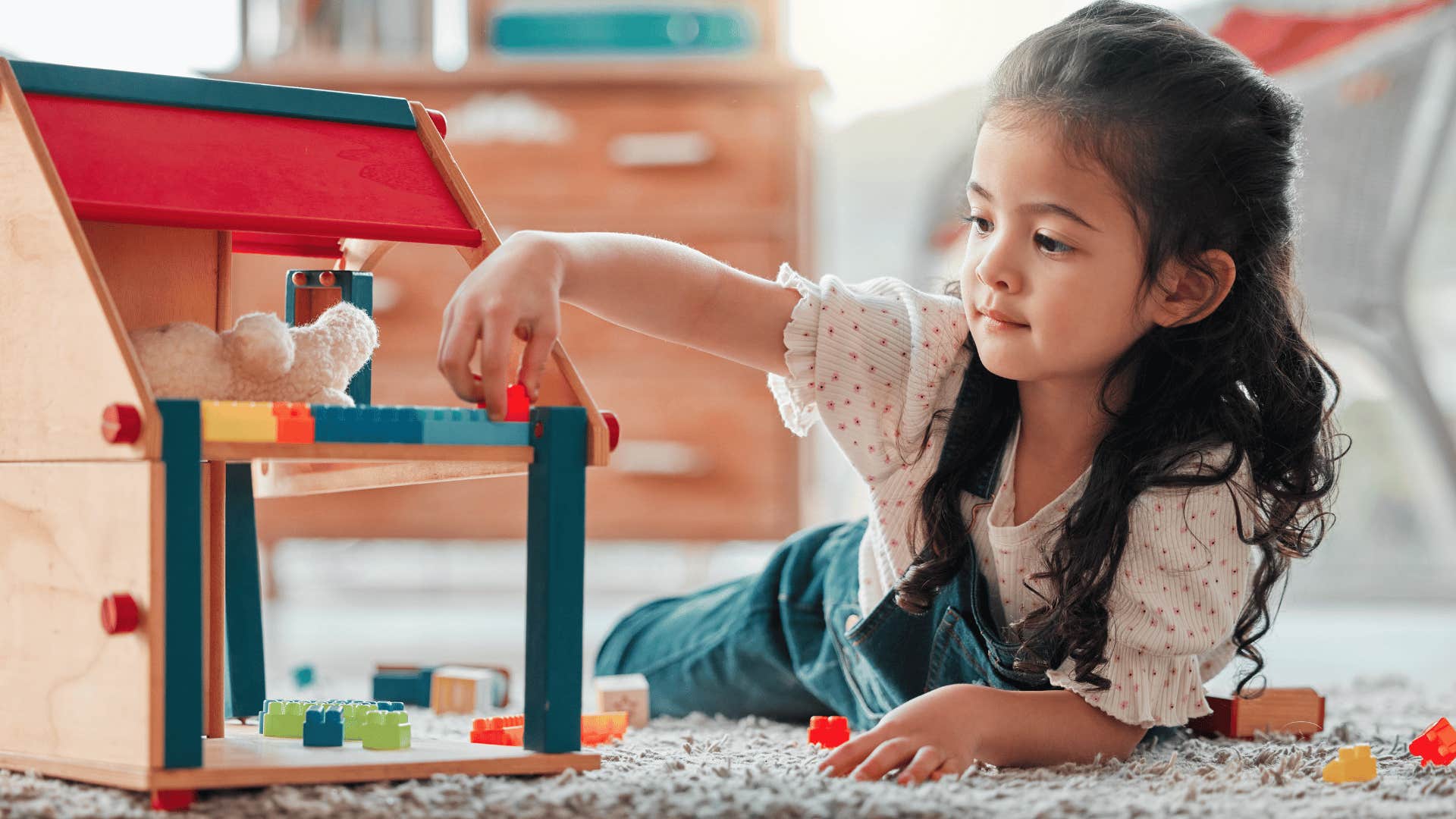 PeopleImages.com - Yuri A | Shutterstock
PeopleImages.com - Yuri A | Shutterstock
While it can be frustrating for parents when their children refuse to share, it's not always bad. At first glance, a child who doesn't share or doesn't like to share can seem as if they aren't being kind or considerate to others around them, but actually, this behavior could be a sign of their understanding of having boundaries and autonomy over the things they have.
"As is so often the case, children grow to give what they have received. Valued and generously loved children find it much easier to be generous to others – in due time," explained clinical professor Kyle Pruett, M.D.
7. Asking 'why' constantly
 fizkes | Shutterstock
fizkes | Shutterstock
The last thing parents want to hear from their child after asking them to do something is "Why?" The itch to respond with "Because I said so" can be quite strong. While it may seem as if a child is just trying to be defiant and difficult, this could actually be a sign of their deep curiosity and willingness to learn about why they should start doing something or why their behavior wasn't adequate.
"At its core, curiosity activates the brain’s reward system. When children ask questions and discover answers, their brains release dopamine, a neurotransmitter that fuels motivation, learning, and pleasure," explained neuroscientist Aditi Subramaniam.
8. Preferring to be alone sometimes
 Prostock-studio | Shutterstock
Prostock-studio | Shutterstock
This behavior can be perceived as a child having a social interaction or developmental issue. However, when a child prefers to be alone sometimes, it's actually just a sign that they may be in tune with their emotional needs and are simply aware of when they need to withdraw to recharge.
As adults, we all have moments when we need solitude. It doesn't mean we have trouble socializing or are lonely. The same can be said for a child. Some children are more introverted than others, but it doesn't mean that it's a sign they might struggle later on in life.
9. Daydreaming
 DimaBerlin | Shutterstock
DimaBerlin | Shutterstock
A child with their head up in the clouds can be something a parent worries about. They may think their child is constantly distracted or has trouble paying attention. However, daydreaming can be something a child does to fuel their imagination and have a creative outlet for their emotions.
It's their way of free thinking without adhering to limitations. They're able to process their emotions by living in their heads. Of course, there comes a point where they might be daydreaming in inconvenient places, like school, but in moderation, it's nothing to worry about.
10. Being stubborn
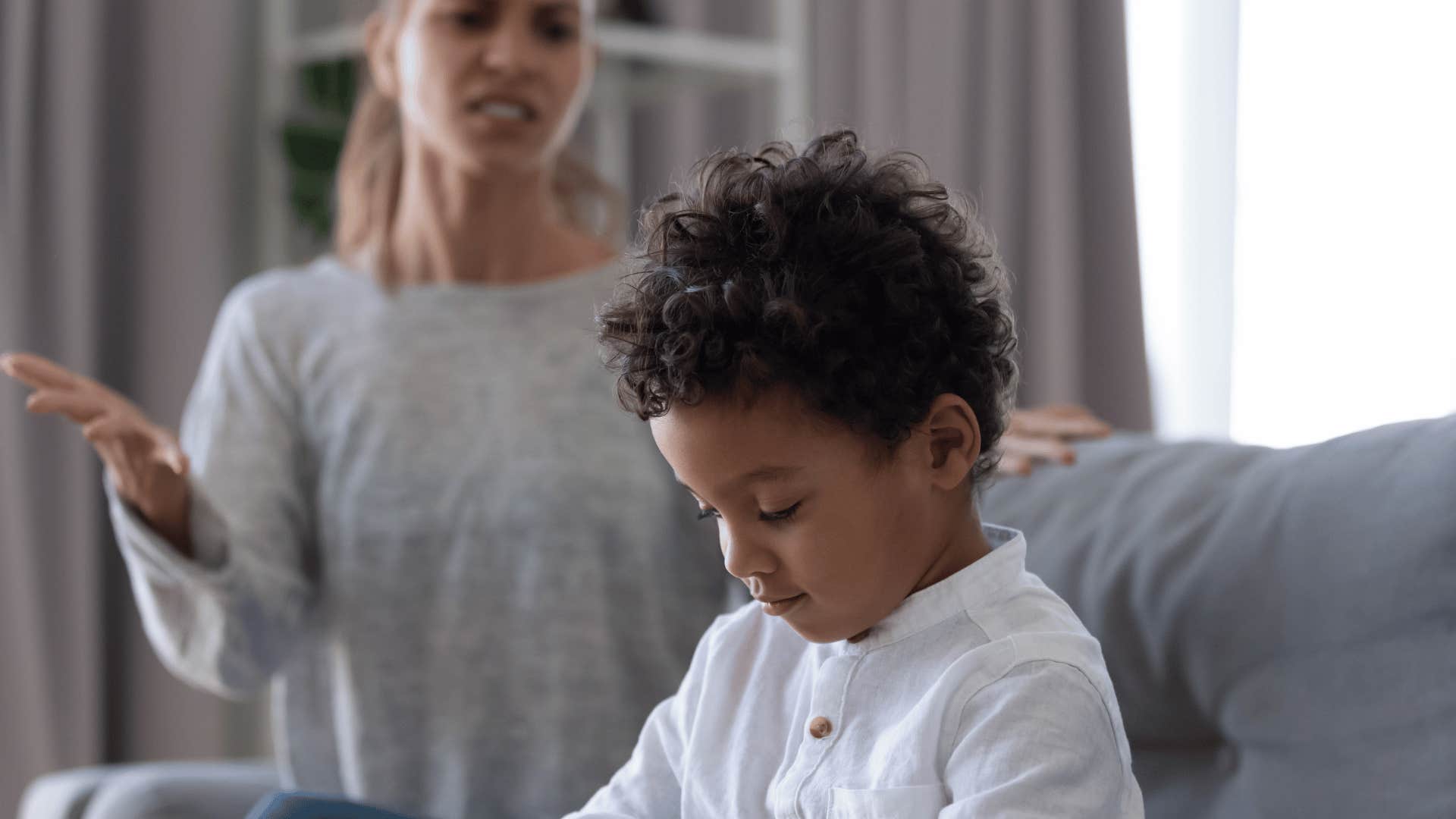 fizkes | Shutterstock
fizkes | Shutterstock
A stubborn child is a parent's worst nightmare. They insist on doing things their way and refuse to hear anyone else's opinion. However, a stubborn child may actually be a good thing (sometimes). They're resilient, know exactly what they want, and refuse to let anyone change their minds or steer them in a direction they refuse to go in.
This is likely just a sign of their growing independence. And while being stubborn makes it hard for parents to negotiate with them, it might be something they can be proud of.
11. Clinginess
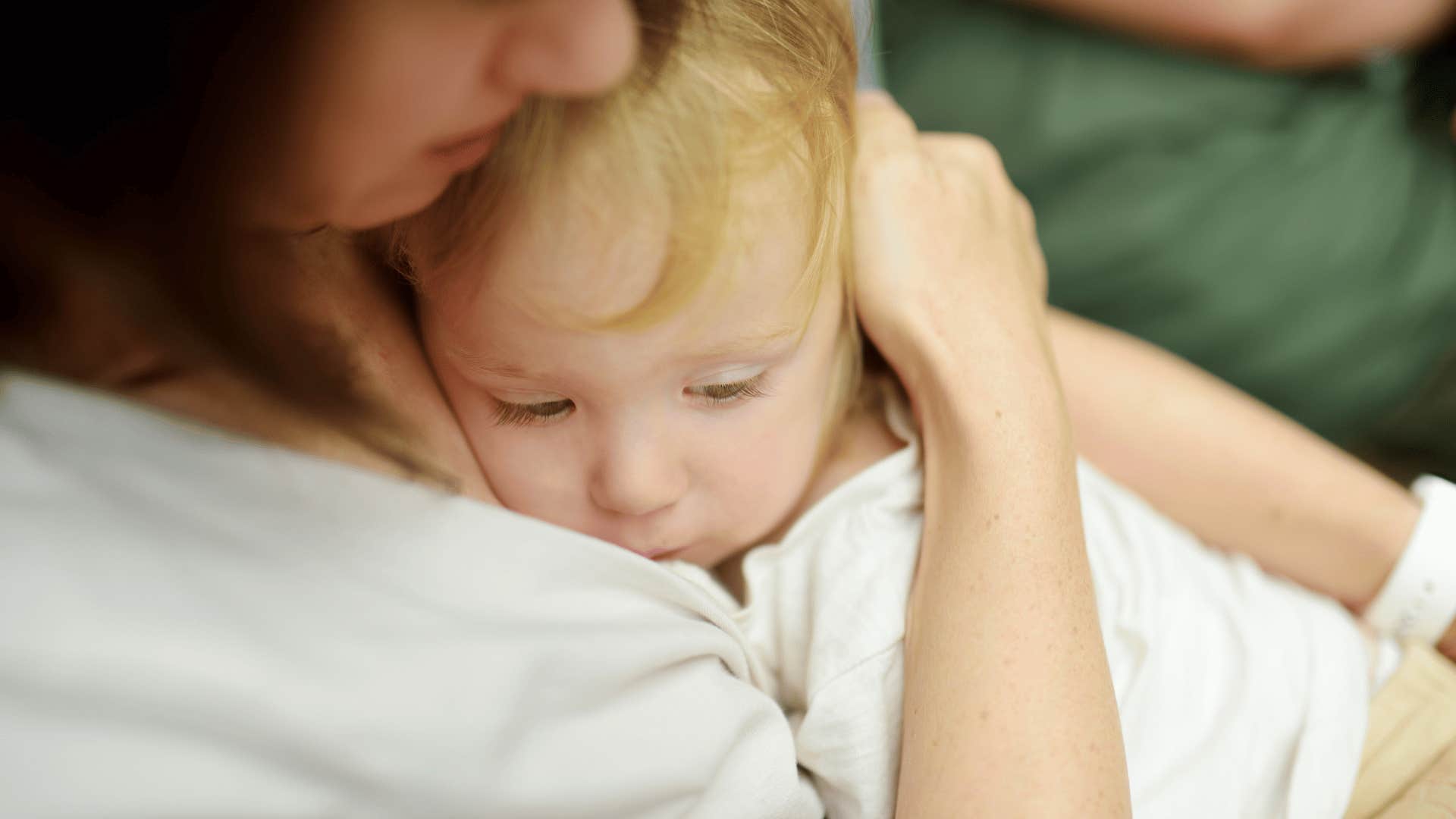 MNStudio | Shutterstock
MNStudio | Shutterstock
A child being clingy is quite common, especially when it comes to being attached at the hip to their parents. Usually, children want extra comfort, reassurance, and security from their parents when they act this way. While it can be frustrating for parents who want to be able to do things without having a child trailing behind them, it's usually just a sign of their developing mind and will go away with time.
Especially once they socialize with other kids, that clinginess will slowly dissipate. It's usually just a phase; it's not an indicator that a child will become overly dependent or struggle with independence as they continue to grow.
Nia Tipton is a staff writer with a bachelor's degree in creative writing and journalism who covers news and lifestyle topics that focus on psychology, relationships, and the human experience.

